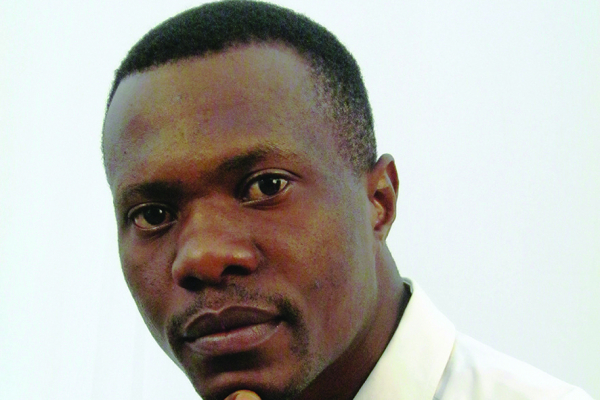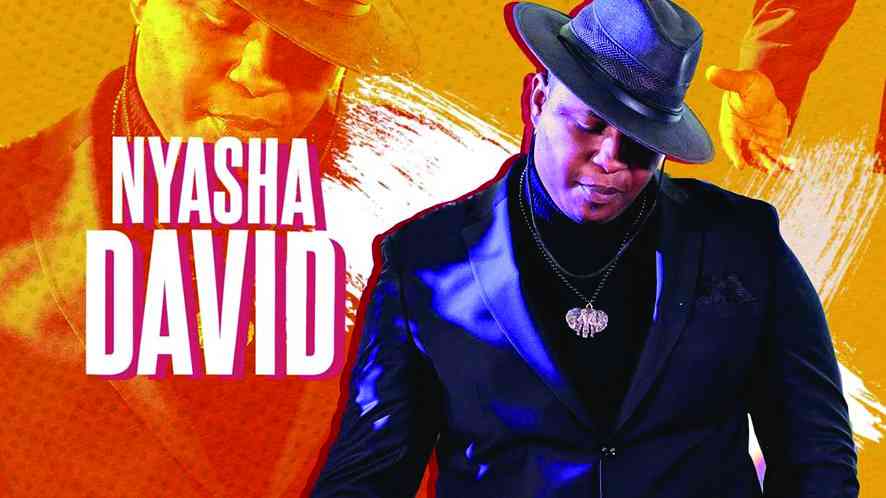
Perhaps nothing, in the past week, set tongues wagging as the BBC HARDtalk interview that had MDC Alliance presidential candidate, Nelson Chamisa, as a guest.
By Learnmore Zuze
It would appear a lot is now being picked and pinned on the widely publicised interview.
Key among the words that have been used in this tough interview is the word “grilling”.
So excited were Chamisa’s opponents that he had been “exposed”; not only did they feel Chamisa had been embarrassed, but also that the entire opposition in Zimbabwe had been exposed as lacking depth.
It should be grasped that HARDtalk interviewer, Stephen Sackur, for those who regularly watch the programme, never deviated from his policy of negative interviewing.
HARDtalk, from years gone by, operates on the chief premises of rattling and unsettling the interviewee.
The ultimate goal of the HARDtalk interview is to confuse, contradict and antagonise the interviewee.
- Chamisa under fire over US$120K donation
- Mavhunga puts DeMbare into Chibuku quarterfinals
- Pension funds bet on Cabora Bassa oilfields
- Councils defy govt fire tender directive
Keep Reading
It is no wonder that Sackur would use purely insulting words like “silly” in talking to Chamisa.
There was no mistake at all on Sackur’s part.
It is always part of the script at HARDtalk to get the interviewee unnerved.
HardTalk is focused on the negatives.
It is, therefore, mindboggling why some would rejoice that Chamisa was “grilled” on the BBC programme.
That is the nature of their questioning.
As a matter of record, there are no sacred cows on that programme.
Well known political giants have been rattled to the point of becoming violent on the programme.
And this is to be expected, because what a HARDtalk interviewer does is to literally provoke their guest.
They actually stir up their guest with the intention of exposing them and letting them let out everything in a fit of rage.
Former Malawian president, Hastings Kamuzu Banda, refused to entertain questions in a similar interview after he deemed it insulting.
He literally told the interviewer, “I can’t tell you anything”.
The late MDC-T leader, Morgan Tsvangirayi flatly refused to go on the programme.
Chamisa, in my view, for his political experience, actually held his own against the seasoned “insulter” in Sackur.
Chamisa remained calm throughout, even when he was fundamentally unable to give convincing answers.
Even more, he took the direct insults with grace, choosing instead to remain focused on the answers to the questions.
If Hillary Clinton could turn violent in the face of questions, if Robert Mugabe could get livid and trade insults with the interviewer, one has to appreciate the maturity and composure maintained by Chamisa.
If Sackur is an honest man, he will admit that he failed in his ultimate objective to rattle his guest.
Coming to the issues of the shortfalls seen through in the interview, it must be admitted that there are certain areas that definitely had Chamisa not adequately or rather unconvincingly answering the interviewer.
HARDtalk may have been an awful platform, with only a few months to go to election.
History will record that no one, and I mean no one, has came out “victorious” at the tough programme.
In any case, how does one come out victorious when negatives and controversies are heavily thrown at them?
I hold the view that the decision to go on HARDtalk may not have been the best given the beckoning elections. It is tantamount to bringing to the fore things unnecessary to the electorate.
This is not the time to have one’s weaknesses brought to the fore for whatever reason. It was actually surprising that ZBC would want to air such a programme, knowing their stance on opposition.
However, all said and done, the truth is this: BBC HARDtalk does not, in the slightest, influence political perceptions in Zimbabwe.
It is for academic politics and sets people talking, but honestly does nothing in the way of shifting political fortunes.
At the end of it all, it’s the people of Zimbabwe who matter; it’s Zimbabweans who choose their next leader.
That the incumbent President Emmerson Mnangagwa did not impress in an interview two months ago does not hold water in a Zimbabwean election. The same is very true for Chamisa; no opposition supporter, worth his salt, would leave his party ideals all because of a hostile interview held in a foreign land.
Chamisa, to those who have a grasp of the aims of HARDtalk, can affirm that the opposition candidate indeed came out the winner of the day.
Learnmore Zuze is a law officer and writes in his own capacity. E-mail [email protected]











